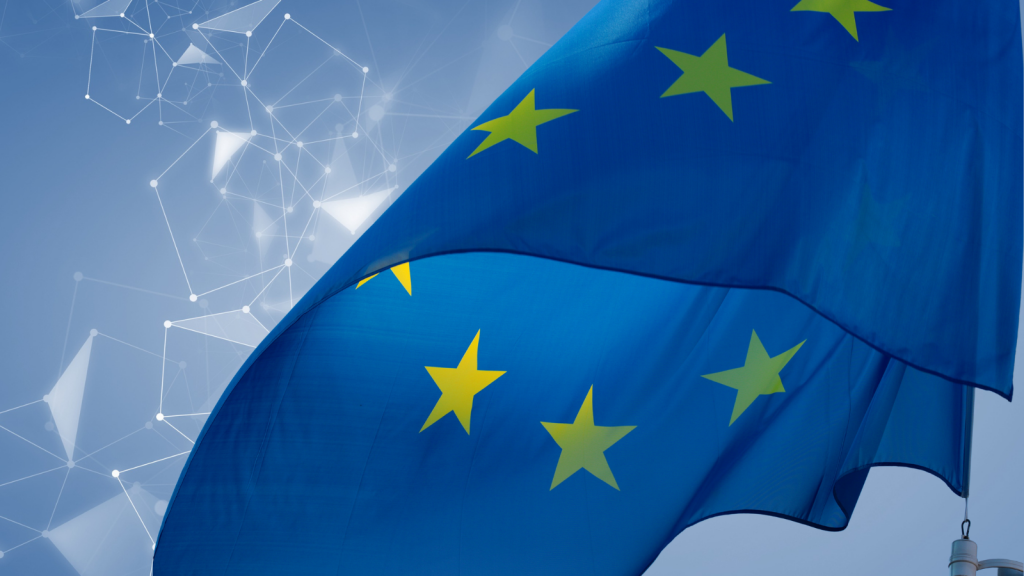DeepSeek is good news for Europe

It's not uncommon to hear tales of woe about the European economy (particularly compared to the US). GDP is soaring, younger people are better paid, the old continent is being left in the dust as Donald Trump finally gets government off people's backs.
A lot of those stories fall away when you control for population growth (strong in the US, stagnant in Europe), hours worked (Europeans prioritise leisure time over office time), and particularly technology (take tech and AI stocks out of the US index and it looks a lot more European).
But that's not to say that there is nothing wrong. We saw in the first wave of social media and tech companies how little Europe was able to offer, despite being the home of the World Wide Web. Spotify is nobody's idea of a giant, set against Meta, Apple, Google and so forth, who made powerful use of network effects to turn the open internet into a series of walled gardens, with your personal information payable at the turnstile.
So the AI boom in the US, and the relative paucity of European AI competitors (Mistral is our Spotify) has been worrying.
Now, news from China is making me less worried. DeepSeek, described in the FT over the weekend, is "a large language model on a bootstrapped budget that can automatically learn and improve itself without human supervision." More important, "[DeepSeek] is willing to share its breakthroughs rather than protect them for commercial gains", and the model is open source.
Why is this good news for Europe? Because there are three broad possibilities for how AI will go in practice:
- AI lock-in. Big corporations will control access to proprietary tools and monetise users on their platforms, to the exclusion of late movers or those starting up in smaller markets. Money made in this way will be used to buy up competition. This is how Google, Apple and Meta got big.
- Open technology. Like the early Internet, tools will be open source, or the technologies will be open and widely shared. AI will be broadly available for people to build solutions on, and the quality of the solutions will be the thing that determines the value of the company.
- AI flops. LLMs and current AI technology turns out to be a dead end, and it never breaks through to delivering value for money, leading to an investment crash.
The creation of an open source model that doesn't use the high-end chips that the US has controlled is a big shove of the timeline towards option (2), and as a slow starter with great technologists, but a fragmented marketplace, that's the best outcome for the European economy.
It isn't the last word - there is always the possibility for further breakthroughs and things are moving fast - but for Europe's ability to compete it is a hopeful sign.
🚉 Tram lines - reading for your commute
- Throw away the quinoa. If you want to live to 100, you should try being in a place with terrible record-keeping, or have a generous pension and immoral family members. Debunking the blue zones (NYT).
- How a Ladybird illustration, via an Indonesian biscuit tin, provoked questions about a missing father.
- A new paper by Petra Bard, Dimitriy Kochenov, Jan Wouters and Laurent Pech on how treaty changes in the EU can support human rights and the rule of law.
🌞 L'Heure Joyeuse - for when you get some time off
- 🎭 At the Théâtre des Martyrs, there is a good production of Fin de Partie (Endgame) by Samuel Beckett. On till 29th. Denis Lavant as Clov was particularly worth seeing.
- 📺 If you're enjoying Bad Sisters on Apple TV+ you might want to check out the Flemish original, Clan, on VTMgo and Arte.tv (the latter with French subtitles)